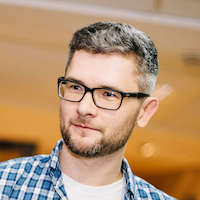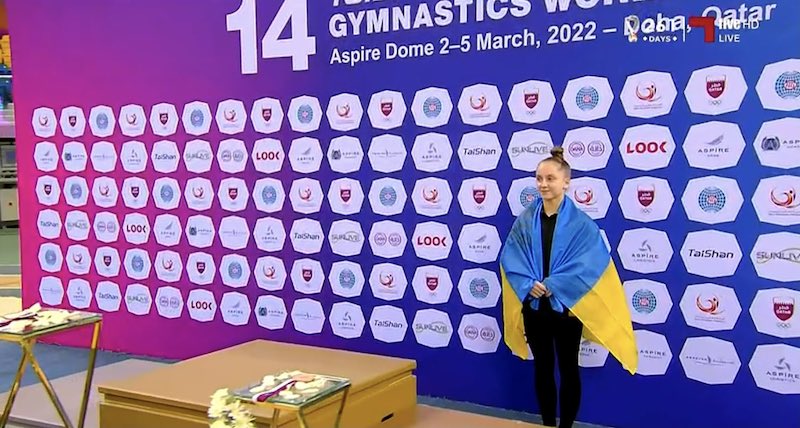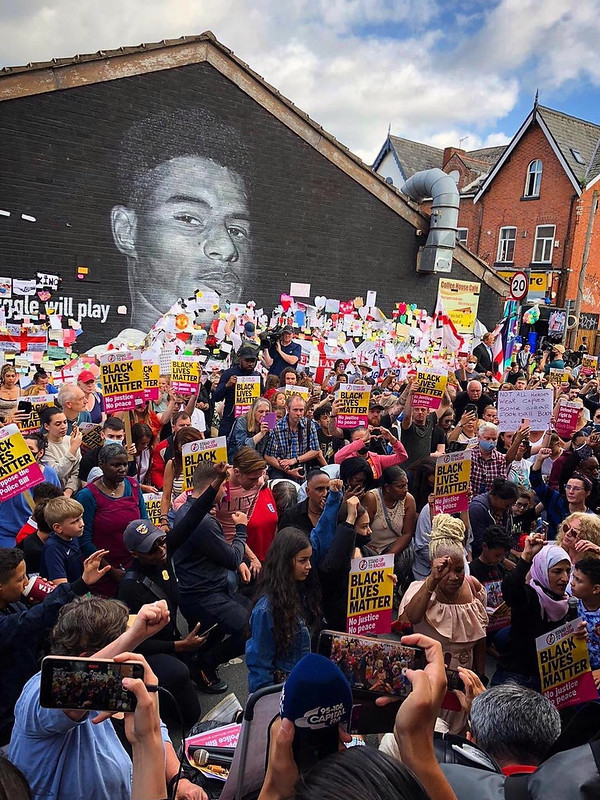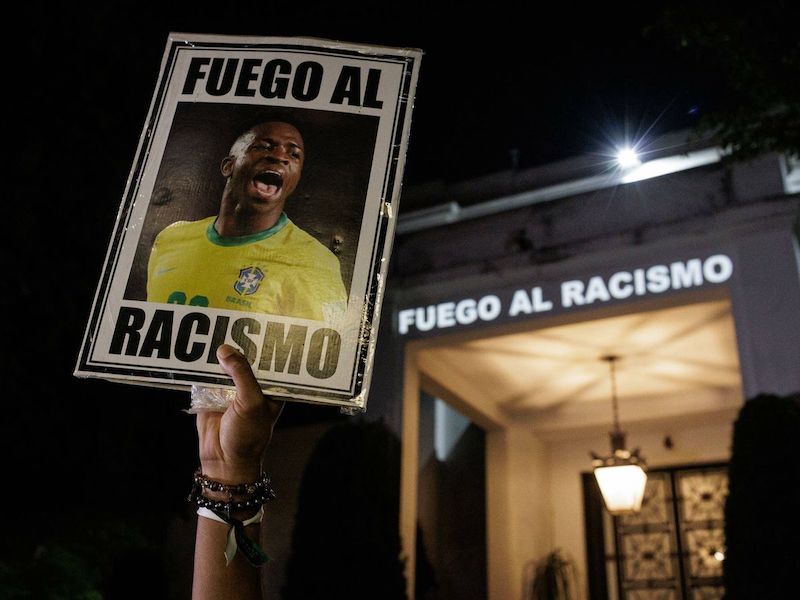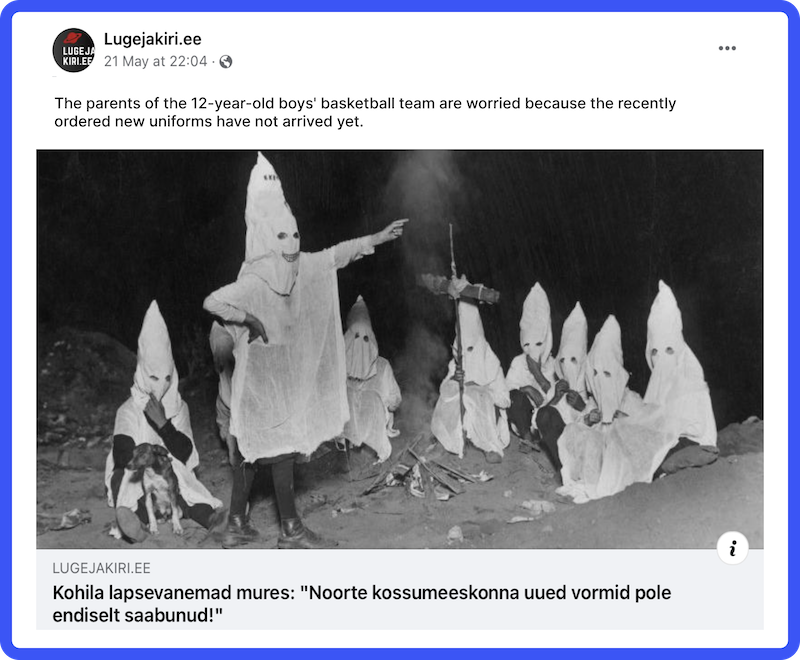This Sunday, at the French tennis open Roland-Garros, a scandal occurred. The audience booed Ukrainian tennis player Marta Kostyuk after she refused to shake hands with her opponent, Aryna Sabalenka, of Belarus. The crowd on the tribunes perceived this as a sign of disrespect. This was not the case.
In modern times, sport has always been a symbol of common ground, fair play, rule-abiding and aspiration, despite state borders. International competitions underline the statement that all humanity is one large family. This was especially visible in the tournaments of post-USSR countries, where nations had a shared past, one language that everyone understands and common training methods, which created a warm and welcoming atmosphere.
But what happens when one of these countries tries to erase another?
Since the Russian aggression against Ukraine started in 2014, the approach that “sport is outside of politics” became quite popular among Ukrainians. For two reasons: first, there still was a feeling of kinship inside the sport community. Second, in prosperous Moscow, everything was “citius, altius, fortius” – faster, higher, stronger.
The prospect of higher incomes and better careers pushed many Ukrainian professionals to seek out Russia as a location for their training and development. Though any wins of Ukrainians over Russians were considered almost military victories: the nation was triumphant.
Since last year, when Russia’s intention to annihilate Ukraine became perfectly clear, the idea of the two countries working together in sport, art ― or, actually, any discipline ― became a no-go for most Ukrainians.
But many international sports federations haven’t excluded Russians or Belarusians, as Minsk is Russia’s official ally in this war. So Ukrainians still face them as opponents, and leaving world tournaments would effectively end their careers. But there are no hugs, no smiles, and no handshakes.
Kostyuk said that before the match she was following the news from Kyiv, where her father is living. The Ukrainian capital suffered its most critical drone attack. Aryna Sabalenka stated that, at first, she thought the boos from the Paris crowd were addressed to her. She understands everything.

